Read the original article HERE.
7 Questions With Jeremy Irons – Trashed

In the Candida Brady directed documentary, Trashed, actor Jeremy Irons turns civilian as he ventures across the globe in search of solutions to the ecological crisis, while uniquely casting himself as a protagonist. And Irons also ponders during this exclusive interview when phoning from a set in Budapest, what the ultimate responsibility of an actor’s voice should be in the real world. Here’s Jeremy Irons, talking Trashed.
1. Do you recall when you first became alarmed about the harmful and destructive problem of waste on the planet, and decided to do something about it?
It didn’t happen quite like that. I wanted to make a documentary about an important subject. A subject which I thought should be brought to people’s attention. And Candida Brady, the director of Trashed, imparted some information to me. So I thought, this is an amazing subject. This is something we have to get on the screen, to make people aware of the situation. So it was really from her that I got the idea. You know, I always think of myself, I’m an actor and a storyteller. I normally tell fictional stories. But I see no reason why it isn’t a logical progression, to tell real stories. And I think the story of Trashed is worth telling.
2. And what led you to be part of this film as not only the narrator, but the very unusual position of protagonist in a documentary?
Well, I narrate many documentaries. But now to be there in a way, as an audience member, somebody who knows nothing about the situation. Although I did of course know a little bit about it. But I wanted to ask the questions that the audience would have asked, had they had a chance. And I felt it was very important to be meshed into it, in that way.
3. And how would you compare and contrast your very different roles as actor and activist?
Well, inquiry is needed in both. If I’m playing a character in a drama, I have to inquire about the world he lives in. And the sort of person he is, and what he’s done with his life. So I have to discover all of that. And the great advantage I have as an actor, is that I’m known. And therefore people will listen to me and watch me. And I feel in a way, that’s a responsibility. I have a voice. I should use it. And not just with drama.
4. Jeremy, talk about the most horrific part of Trashed, the deformed children even decades later in post-war Vietnam.
As far as all those deformed fetuses in the bottles there, which was very upsetting, it was important to show that. And war I think, is something we have to fight against. You know, it’s hard to see the upside of any war. It may seem like a good idea at the beginning, but by the time you finish you think really, we shouldn’t have done that.
5. How does it feel to make that major switchup personally, from celebrity to just another civilian venturing out into the world among people, to talk about environmental issues. Rather than say, people venturing into theaters to see you?
I love it. I’ve always believed that to be an artist, an interesting artist, you have to be involved in life. You have to care about life. It’s an enormous privilege, doing the work I do. It brings me into people’s lives, sometimes into people’s hearts. And not to use that intimacy that I have with my audience, to tell them something that I believe is important, would seem a terrible thing. And an abuse of my position.
6. And how do you feel your activism concerning the environment has changed you?
When I see how people are amazed by this film, it gives me some of the joy maybe a teacher gets, when he sees people being really affected. And of course it’s the people in the audience who will get things changed. These big changes that we have to make to the way we behave and the way we live, they take time. And they build on themselves. And I see our film as being part of that process.
7. What about the challenge of opposing the huge corporations, and their stranglehold on the government?
I think it’s an enormous shame, that governments have seem to lost the voice of the people. And who don’t want to be controlled by vast, amoral corporations. We cannot live in that way. And I think our governments have to fight corporations on our behalf. For instance, plastic makes money for a lot of people. But nobody has discovered a way to get rid of it. Our governments should be our guardians. We elect them to look after us. And not just to make people rich.
December 18, 2012
Categories: Film, Latest News and Posts . Tags: Budapest, Candida Brady, Documentary, environment, Iceland, Jeremy Irons, Lebanon, Long Island Press, Prairie Miller, recycling, rubbish, Trashed, Vietnam, waste . Author: jeremyironsno1fan . Comments: Leave a comment

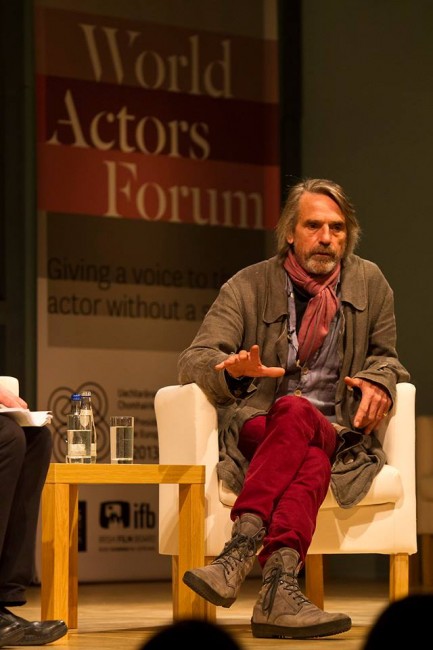
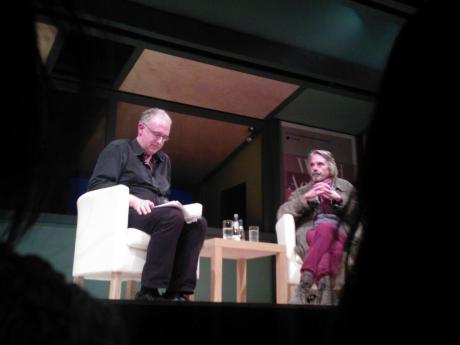

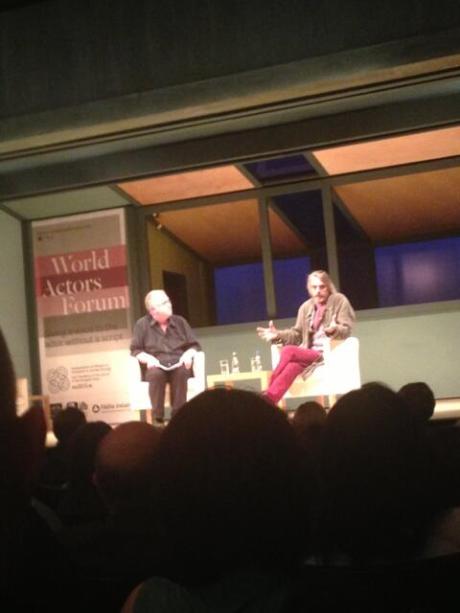





























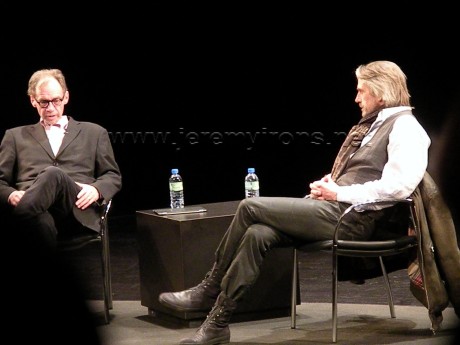
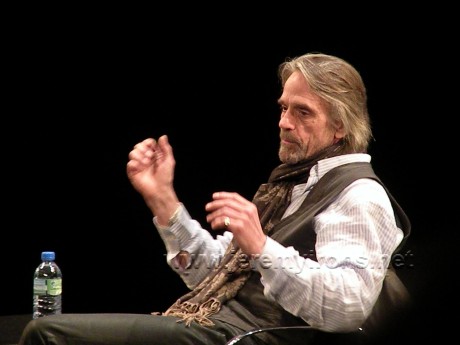
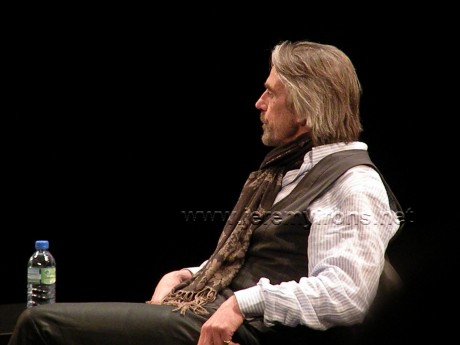


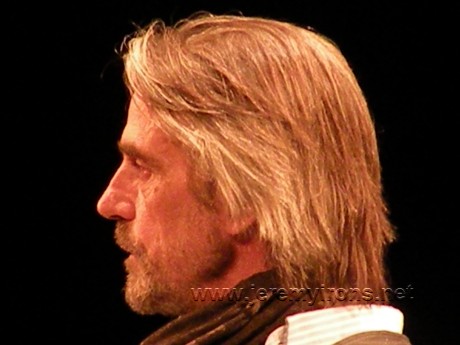


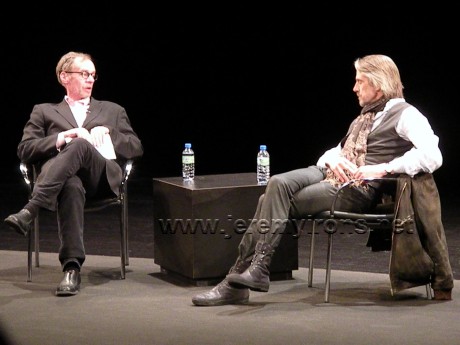




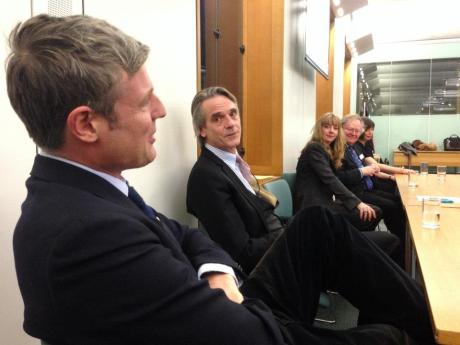


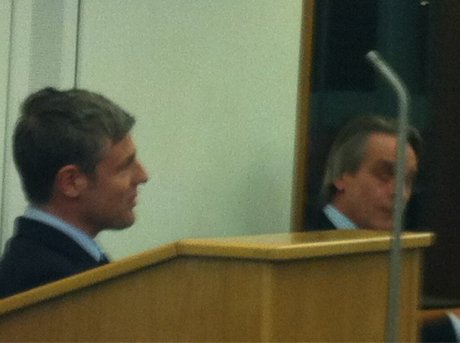

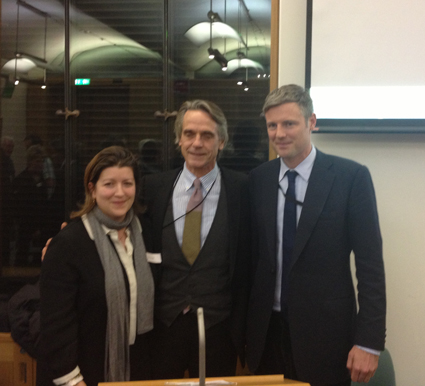





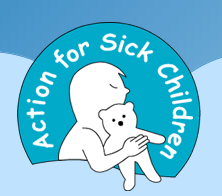

You must be logged in to post a comment.